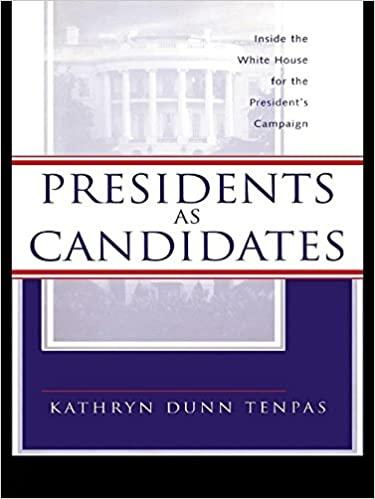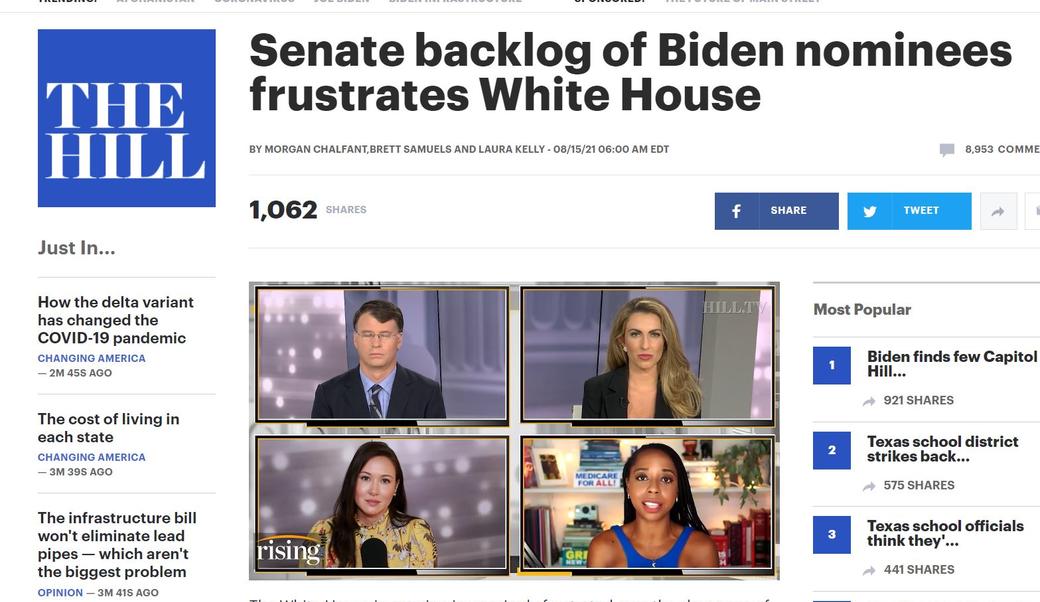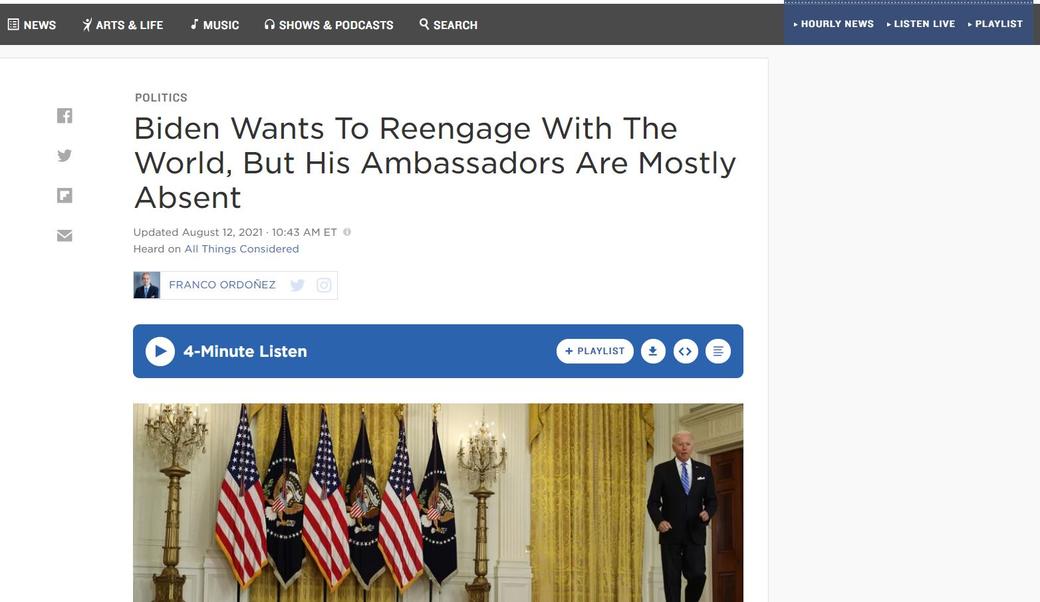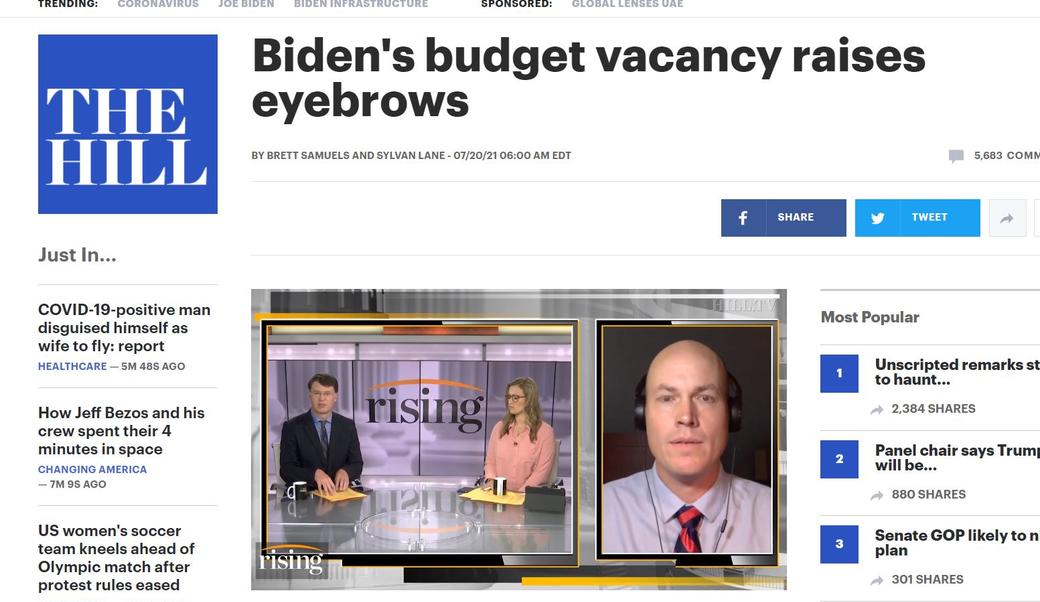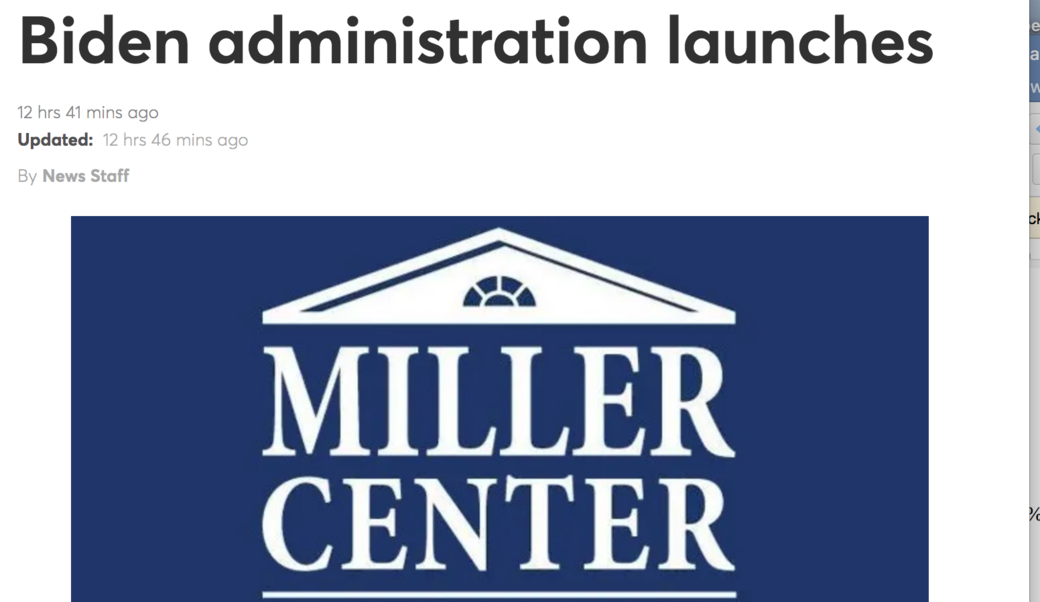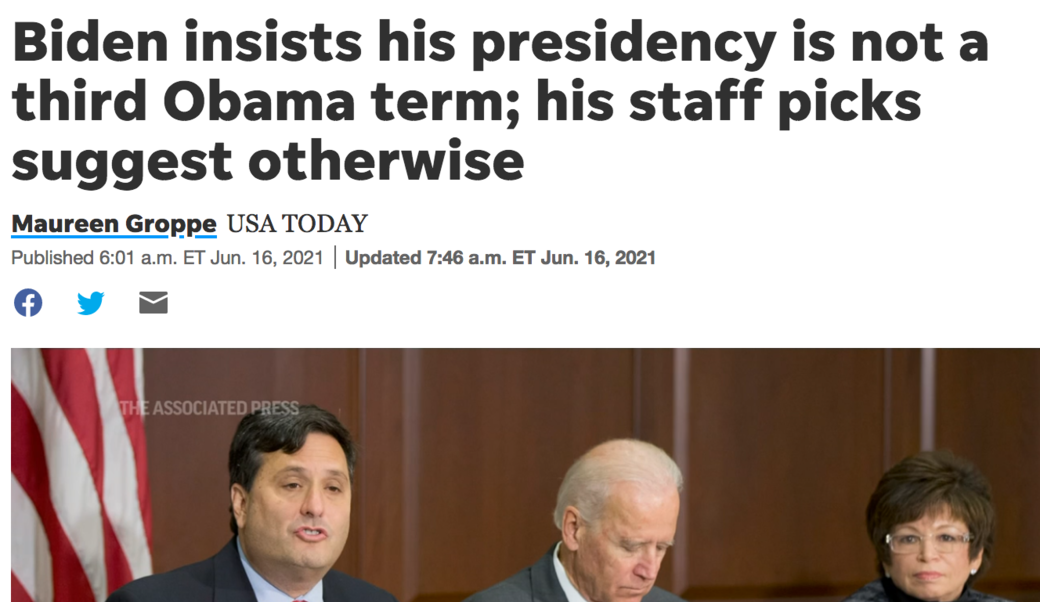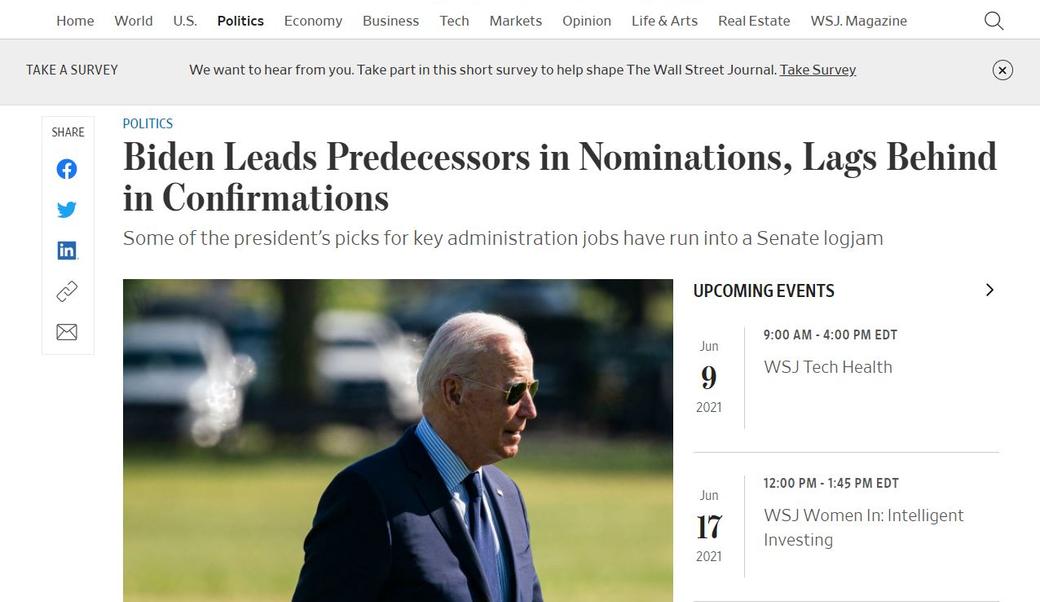Fast Facts
- Director of the Katzmann Initiative and visiting fellow with Governance Studies, the Brookings Institution
- Advisory board member, White House Transition Project
- Fellow, Center for Presidential Transition at the Partnership for Public Service
Areas Of Expertise
- The First Year
- Governance
- Elections
- Leadership
- Politics
- The Presidency
Kathryn Dunn Tenpas is director of the Katzmann Initiative and a visiting fellow with Governance Studies at the Brookings Institution, advisory board member of the White House Transition Project, and a fellow with the Center for Presidential Transition at the Partnership for Public Service.
Tenpas is a scholar of the American presidency focusing on White House staffing, presidential transitions, and the intersection of politics and policy within the presidency (e.g., presidential reelection campaigns, trends in presidential travel, and polling). She has authored the book Presidents as Candidates: Inside the White House for the Presidential Campaign and published more than 60 articles, book chapters, and papers on these topics.
Tenpas earned her BA degree from Georgetown University and her MA and PhD degrees from the University of Virginia.
